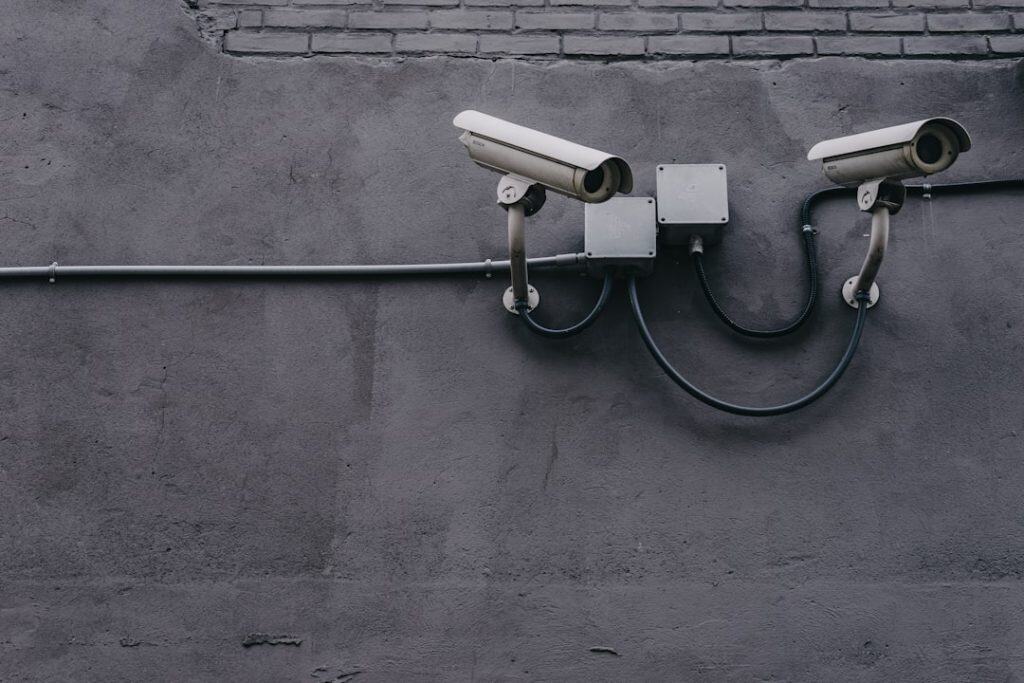With over 700 million users worldwide, Telegram has quickly become one of the most popular messaging apps globally. Touted for its speed, flexibility, and expansive feature set, Telegram markets itself as a secure, privacy-first alternative to other messaging platforms. But just how safe is Telegram really? In this article, we’ll take a serious and balanced look at Telegram’s privacy architecture, encryption systems, and the potential risks users should be aware of.
Understanding Telegram’s Encryption
At the heart of any secure messaging app is its encryption methodology. Telegram uses its own proprietary encryption protocol called MTProto. This protocol is designed to securely transmit messages and media over the internet. However, there’s a crucial distinction that sets Telegram apart from end-to-end encrypted (E2EE) apps like Signal or WhatsApp.
- Cloud Chats: By default, Telegram’s one-on-one and group chats—known as “cloud chats”—are not end-to-end encrypted. Messages are encrypted client-server and stored on Telegram’s servers.
- Secret Chats: For true E2EE, users must initiate a “Secret Chat”. These chats are device-specific, not synced across devices, and offer added features such as self-destructing messages.
Because regular chats are stored in the cloud encrypted using Telegram’s servers, Telegram technically has the ability to access chat metadata and possibly even message content—though the company states it never does so.
Privacy Policy and Data Retention
Telegram’s privacy policy is relatively straightforward. It claims not to disclose user data to third parties and has a track record of resisting demands from governments. The company’s founder, Pavel Durov, has frequently spoken out in favor of privacy and digital freedom.
However, there are a few important caveats:
- Telegram logs IP addresses and device data, which it retains for up to 12 months.
- Phone numbers are required for account creation, and contacts are uploaded if contact syncing is enabled.
- In extremely rare cases, Telegram says it may disclose IP addresses and phone numbers to authorities upon presentation of a valid court order in terrorism investigations, though to date, no such data has reportedly been handed over.
Potential Risks and Weaknesses
Although Telegram is more secure than many traditional communication platforms, its approach isn’t without criticism. Experts in cybersecurity have pointed out several areas of concern:
- Proprietary Encryption Protocol: MTProto has not undergone the same rigorous external audits and peer reviews as open protocols like the Signal Protocol. This lack of transparency can be a red flag to privacy advocates.
- Non-Default E2EE: Because secret chats are not enabled by default, most users never use end-to-end encryption for their conversations.
- Cloud Storage Vulnerabilities: Storing messages on servers, even when encrypted, increases the attack surface for potential data breaches or intrusive surveillance.
Additionally, Telegram has faced criticism for being used by extremist groups due to its lax content moderation. While this doesn’t directly concern encryption, it raises questions about the balance between privacy and responsibility.
Privacy Features Worth Mentioning
Despite the concerns, Telegram does offer some useful privacy features that empower user control:
- Two-Step Verification: Adds an extra layer of account protection.
- Self-Destruct Timers: In secret chats, users can set messages to disappear after a specific time.
- Anonymous Forwarding: Prevents others from tracing a forwarded message back to the original sender.
- Clear Chat History Options: Users can delete chat history from both ends at any time.
Verdict: Is Telegram Safe?
The answer depends on how you use it. For casual communication, Telegram offers decent levels of security, especially compared to unencrypted platforms. It is fast, reliable, and boasts a rich feature set including large file sharing and public channels. However, when it comes to sensitive or highly confidential communication, experts often recommend apps like Signal that provide default end-to-end encryption and have a fully open-source codebase.
To maximize safety on Telegram, users should:
- Use secret chats for sensitive communication.
- Enable two-factor authentication.
- Be cautious about joining unknown channels or clicking on suspicious links.
- Avoid syncing contacts if privacy is a major concern.
Ultimately, Telegram is better than many alternatives in terms of privacy, but not perfect. The best app for you will depend on your unique needs, the nature of your communication, and your level of trust in how a company handles your data.
